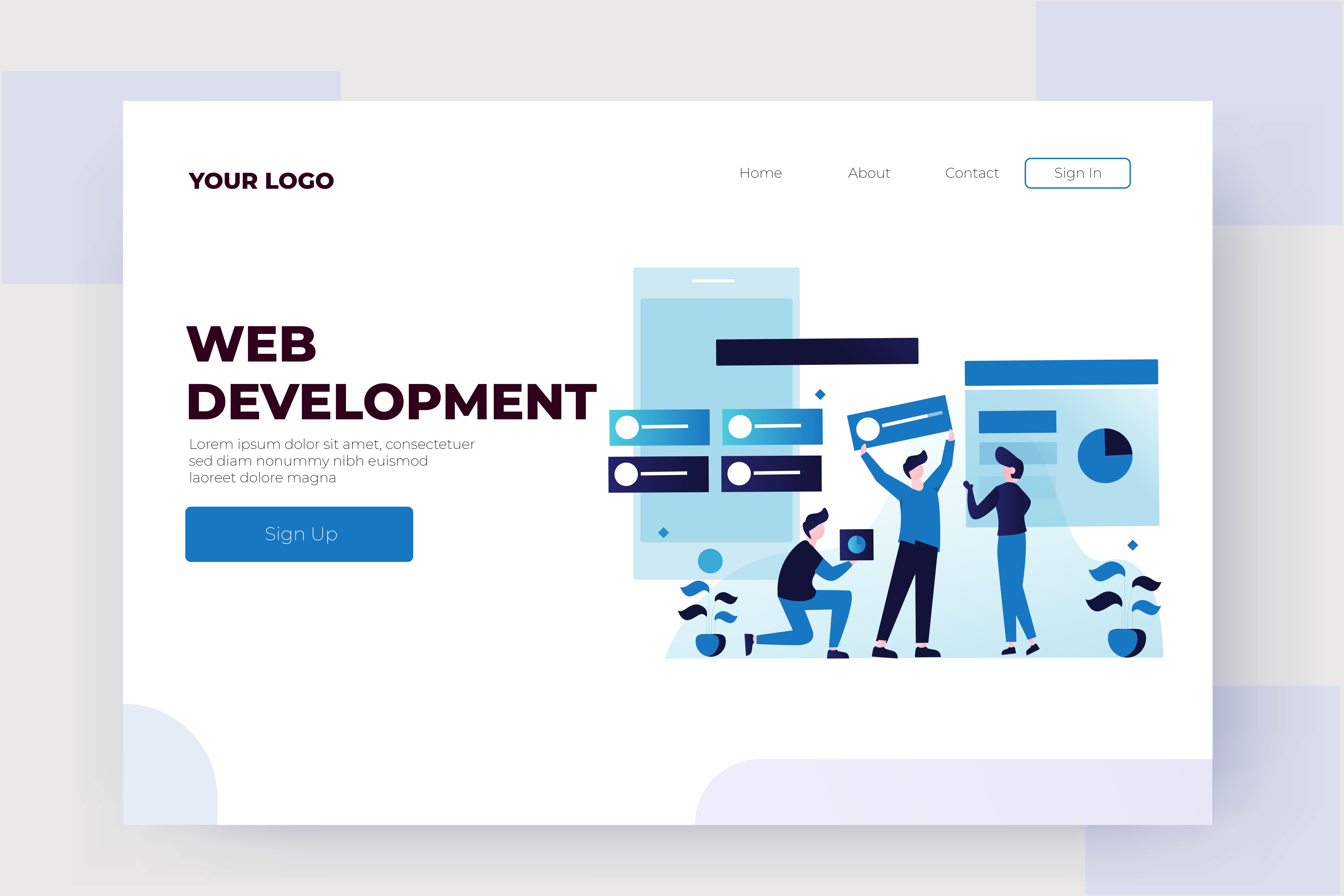Introduction: In the ever-evolving landscape of the hospitality industry, having a strong online presence is paramount. One of the key elements of this digital transformation is the development of a user-friendly and efficient hotel booking website. In this blog post, we’ll explore the essential aspects and best practices involved in creating a successful hotel booking website.
- Understanding the Landscape:
- The current state of the hotel industry and the role of online bookings.
- Emerging trends and technologies shaping the future of hotel reservations.
- Key Features for a Stellar Hotel Booking Website:
- User-friendly interface and intuitive design.
- Seamless search and booking process.
- Integration of secure payment gateways.
- Mobile responsiveness for on-the-go bookings.
- Real-time room availability and pricing updates.
- The Tech Stack:
- Choosing the right development platform.
- Database considerations for handling reservations and customer data.
- Integration of third-party APIs for payment processing and mapping services.
- User Experience (UX) Design:
- Importance of a visually appealing and easy-to-navigate website.
- Personalization features for a tailored booking experience.
- Implementing a robust review and rating system.
- Security Measures:
- Ensuring data privacy and compliance with regulations.
- Secure payment processing to build trust among users.
- Protection against common cyber threats in the e-commerce space.
- Mobile App Integration:
- The benefits of developing a companion mobile app.
- Streamlining the booking process for mobile users.
- Push notifications and location-based services for enhanced user engagement.
- Marketing and SEO Strategies:
- Optimizing the website for search engines to increase visibility.
- Implementing social media integration for broader reach.
- Utilizing online advertising and promotions to attract more bookings.
- Analytics and Data Insights:
- Leveraging analytics tools to understand user behavior.
- Making data-driven decisions to improve website performance.
- Utilizing customer feedback for continuous improvement.
- Testing and Quality Assurance:
- The importance of thorough testing before launch.
- Conducting usability testing to ensure a smooth user experience.
- Ongoing quality assurance to address any issues promptly.
- Case Studies and Success Stories:
- Highlighting successful hotel booking websites and their strategies.
- Learning from industry leaders and innovators in the online reservations space.
Conclusion: Embarking on the journey of hotel booking website development requires a comprehensive understanding of industry trends, user expectations, and technological advancements. By focusing on key features, user experience, security, and effective marketing strategies, hoteliers can create a digital platform that not only meets the needs of their guests but also propels their business into the digital age.

